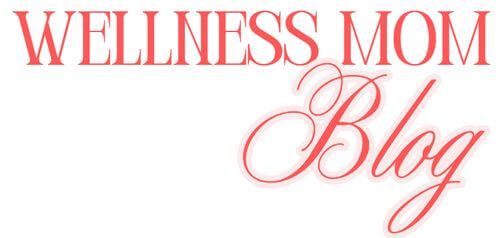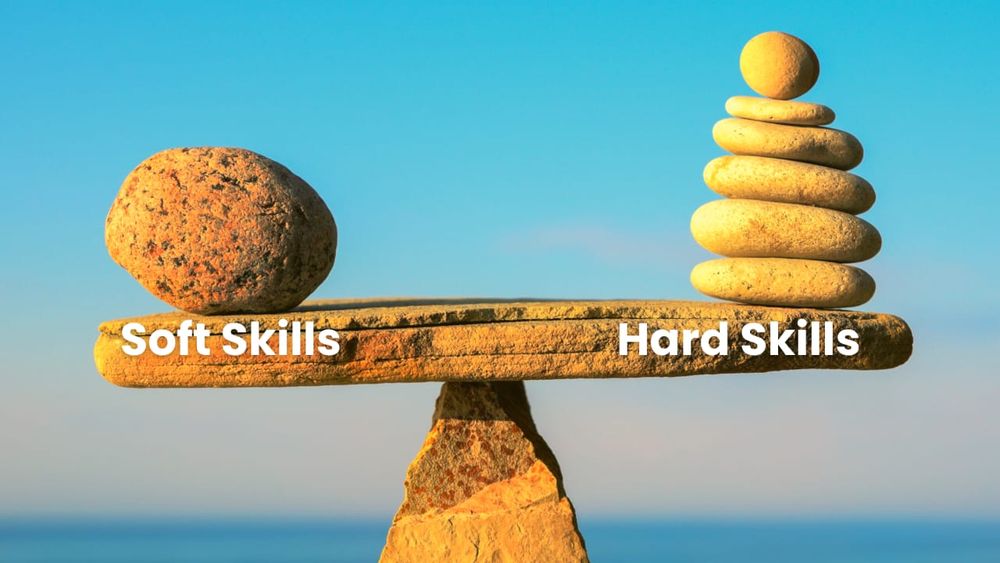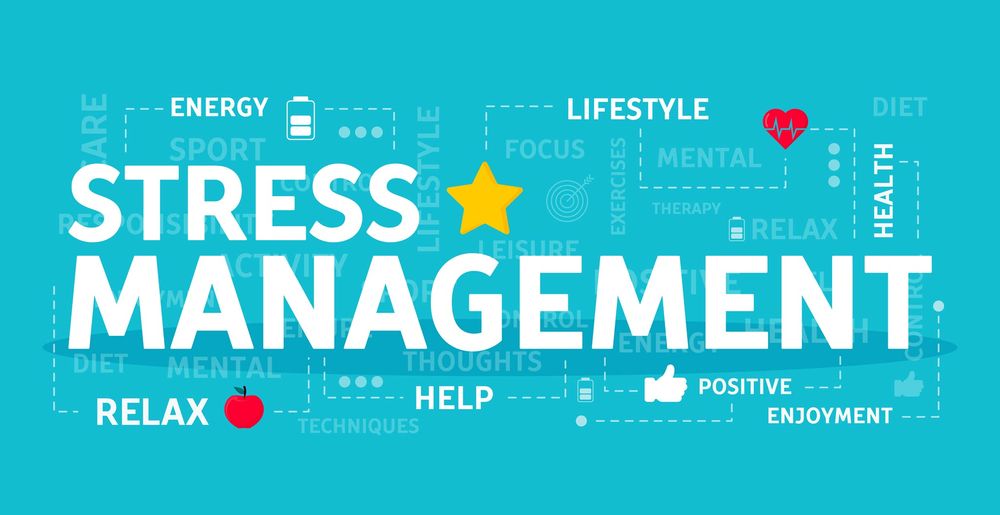In today’s competitive job market, possessing a blend of soft and hard skills is essential for professional growth, especially for women aiming to advance their careers. While hard skills demonstrate your technical proficiency, soft skills showcase your ability to communicate, lead, and collaborate effectively. Balancing these two skill sets can unlock new opportunities and pave the way for leadership roles. This article delves into the importance of both skill types and offers strategies for women to enhance and balance them for career advancement.
Understanding Hard and Soft Skills
Hard Skills
Hard skills are specific, teachable abilities that can be measured and quantified. They are often acquired through formal education, training programs, or on-the-job experience. Examples include:
- Technical Proficiency: Expertise in software, tools, or machinery relevant to your field.
- Certifications and Degrees: Formal recognition of your knowledge in areas like accounting, engineering, or data analysis.
- Foreign Languages: Ability to communicate in multiple languages.
Soft Skills
Soft skills are personal attributes that enable you to interact effectively with others. They are harder to measure but are crucial for workplace success. Examples include:
- Communication: Articulating ideas clearly and listening actively.
- Leadership: Inspiring and guiding teams toward goals.
- Emotional Intelligence: Recognizing and managing your emotions and those of others.
The Importance of Balancing Both Skill Sets
- Enhancing EmployabilityEmployers seek candidates who not only have the technical know-how but also the ability to work well within a team. A balance of skills makes you more adaptable and valuable in the workplace.
- Facilitating Career AdvancementLeadership roles often require strong soft skills. By developing these alongside your technical abilities, you position yourself for promotions and greater responsibilities.
- Building Strong Professional RelationshipsSoft skills help in networking and building rapport with colleagues, clients, and stakeholders, which can lead to new opportunities.
Strategies for Developing Hard Skills
- Continuous Learning
- Online Courses: Platforms like Coursera, Udemy, and LinkedIn Learning offer courses to enhance technical skills.
- Workshops and Seminars: Attend industry-specific events to stay updated on the latest trends.
- Certifications
- Professional Certifications: Obtaining certifications can validate your expertise and commitment to the field.
- Practical Experience
- Projects and Internships: Engage in projects that allow you to apply your skills in real-world scenarios.
Strategies for Enhancing Soft Skills
- Self-Assessment and Feedback
- Reflect on Interactions: Regularly assess your communication and leadership styles.
- Seek Feedback: Ask colleagues and mentors for constructive feedback.
- Workshops and Training
- Soft Skills Training: Enroll in workshops focusing on communication, leadership, and teamwork.
- Public Speaking Clubs: Organizations like Toastmasters can improve your speaking and presentation skills.
- Mentorship and Networking
- Find a Mentor: Learn from experienced professionals who exemplify strong soft skills.
- Join Professional Networks: Engage with groups that support women in your industry.
Overcoming Challenges Unique to Women
- Confidence Gap
- Acknowledge Achievements: Keep a record of your accomplishments to boost self-confidence.
- Positive Affirmations: Replace self-doubt with positive self-talk.
- Navigating Biases
- Awareness: Recognize unconscious biases that may exist in the workplace.
- Advocacy: Stand up for yourself and others by promoting an inclusive work environment.
- Work-Life Balance
- Set Boundaries: Prioritize tasks and set realistic goals.
- Time Management: Use tools and techniques to manage your time effectively.
Integrating Soft and Hard Skills
- Apply Soft Skills in Technical Contexts
- Collaborative Projects: Use teamwork to enhance project outcomes.
- Effective Communication: Present technical information clearly to non-specialists.
- Demonstrate Leadership
- Lead Initiatives: Take charge of projects that allow you to showcase both skill sets.
- Mentor Others: Share your knowledge and help colleagues develop their skills.
Balancing soft and hard skills is not just about personal development; it’s a strategic approach to career advancement. For women aiming to break barriers and ascend to leadership positions, this balance is particularly crucial. By continuously developing both sets of skills, seeking feedback, and applying them in tandem, you can enhance your professional growth and open doors to new opportunities.
Remember that skill development is an ongoing journey. Stay curious, be proactive in seeking growth opportunities, and don’t hesitate to step out of your comfort zone. Your unique combination of soft and hard skills is your strength—embrace it to achieve your professional goals.







